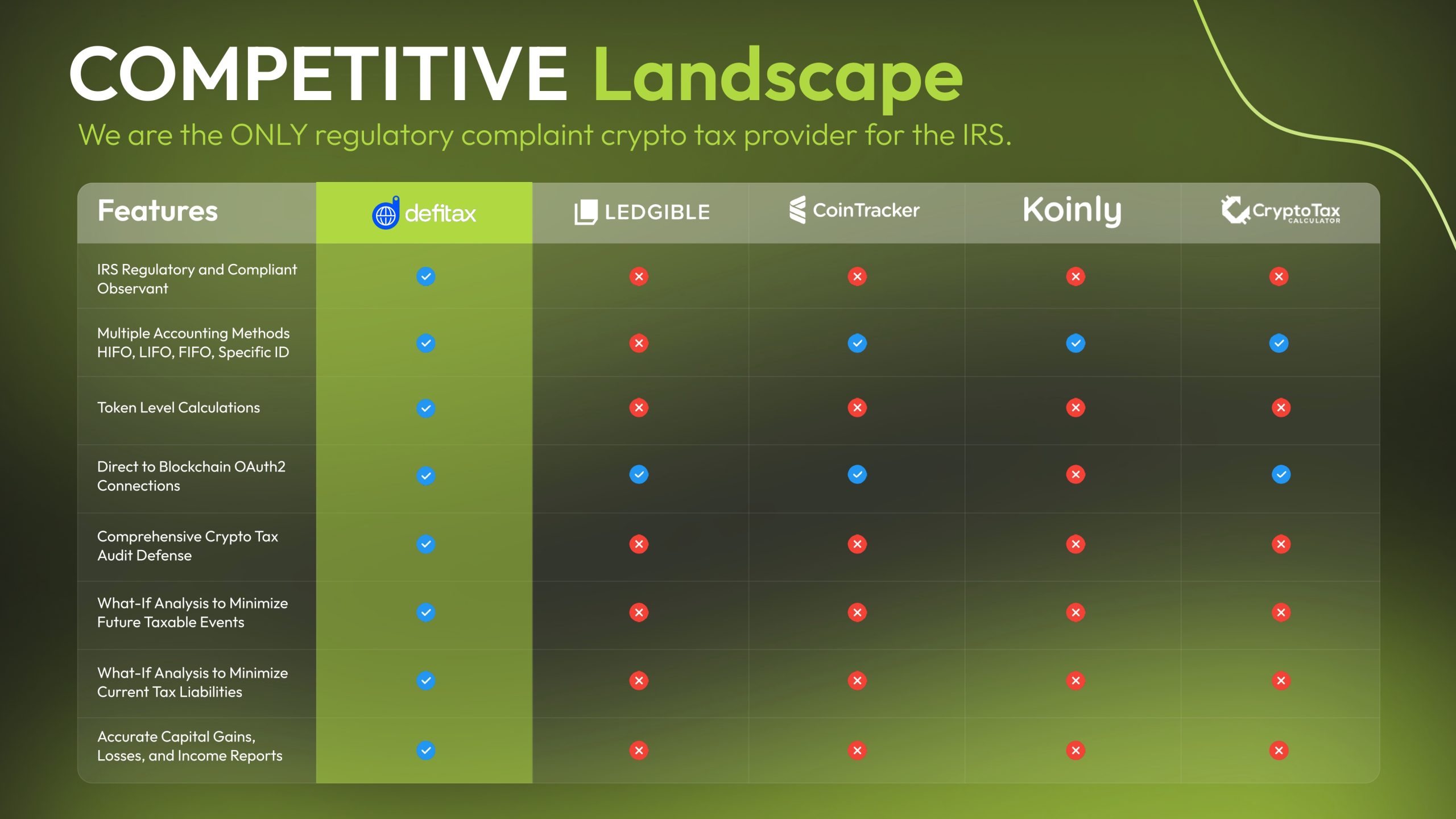Washington, D.C., June 20, 2025 – The Internal Revenue Service is intensifying enforcement action on cryptocurrency holders. This is the warning coming from Industry experts who say they have observed a notable uptick in crypto audits this year. According to Coinbase and CoinDesk, IRS activity intensified across wallet‑based accounting and staking income misreporting. Audit triggers include unmatched Forms 1099 (K/B/DA/MISC), staking rewards, and offshore or multi‑wallet strategies.
Expansion of IRS Awareness
The latest warnings come after it was discovered that officials now possess "millions of names" of traders who have never declared crypto activity, and audits are on the rise .
Since securing John Doe summonses in the past few years, the IRS has obtained bulk identities from exchanges like Coinbase, Kraken, and Poloniex covering U.S. users transacting over $20,000 annually. At the same time, Forms 1099–DA are rolling out in 2025 (and capturing cost‑basis data by 2026–27), giving regulators detailed third‑party crypto transaction logs.
Sophisticated Detection Tools
IRS deployment of blockchain analysis (via contractors like Chainalysis) and powerful middleware such as Palantir AI, and international data‑sharing through the J5 initiative, means even “anonymous” wallet transactions are vulnerable.
In 2024, the agency secured its first criminal conviction in a crypto tax‐evasion case. The defendant received a two‑year prison sentence plus over $1 million in restitution. With reported under‑compliance rates hitting 75 %–88 %, most U.S. crypto holders remain silent, and exposed, but it’s clear this definitely can’t last.
Heavier Audits on the Horizon
Budget boosts from recent legislation have funded a large-scale enforcement push. The IRS is now targeting 125,000 high-income cases, including those involving digital assets, to recover unpaid taxes.
Taxpayers should therefore be prepared to receive official IRS correspondence if their reported figures don't align with exchange data. Discrepancies may trigger a CP2000, or IRS Notices 6371/6374, each indicating a request for clarification or accrued taxes owed.
Contrary to popular belief, audits are relatively common in the cryptocurrency space. What begins as a simple correspondence review can quickly escalate into more intensive office or field audits, especially when IRS-collected Form 1099s (including K, B or DA) don’t match reported returns.
Penalties can accumulate rapidly. If investors underreport gains, or the IRS assumes a zero cost basis, the agency may tax the full gross amount of a transaction, impose substantial fees, or pursue criminal charges in cases of willful evasion.
How to Stay Off the IRS Radar
To reduce the chances of facing an audit, crypto holders should prioritize meticulous recordkeeping and proactive compliance.
First and foremost, report all digital asset transactions, even those on decentralized platforms or peer-to-peer exchanges.
Use reputable crypto tax software that tracks cost basis, gains, and losses across wallets and exchanges, ensuring that your tax return matches any 1099 forms issued. Be especially cautious with staking, DeFi, and NFT activity, which often lacks standardized reporting but remains within the IRS’s scope.
Our graph below illustrates the most trustworthy platforms in order of their effectiveness

File on time, amend any prior oversights, and consult a tax professional well-versed in digital assets. Lastly, avoid red flags such as large, unexplained crypto gains, omitted wallets, or inconsistent reporting across years. By demonstrating transparency and aligning your filings with available third-party data, you signal to the IRS that you’re not a target worth escalating.
With "millions" of taxpayer names already flagged, enhanced broker reporting via 1099‑DA, improved blockchain tracing, and force‑multiplying IRS tools, the risk for non‑declared crypto is acute. What once flew under the radar will now flash across IRS dashboards.
